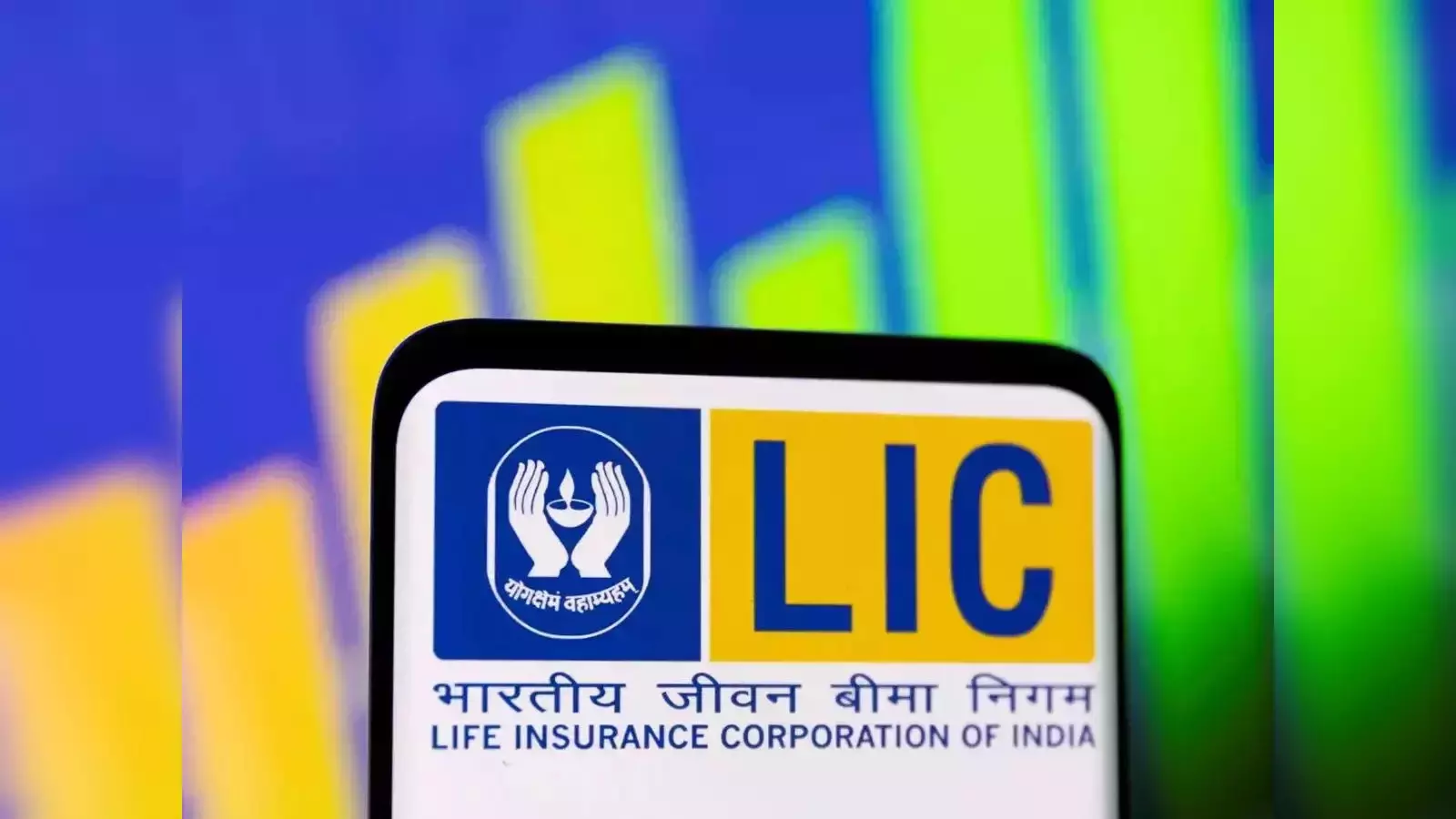Why LIC refused a ₹4.75 lakh health insurance claim and what happens later?
After over a year-long battle, the Raichur District Consumer Disputes Redressal Commission has ruled in her favor, directing LIC to honor the claim
image for illustrative purpose

After over a year-long battle, a widow has emerged victorious in her pursuit of a ₹4.75 lakh health insurance claim from the Life Insurance Corporation (LIC). The Raichur District Consumer Disputes Redressal Commission has ruled in her favor, directing LIC to honor the claim with an additional 6% interest.
The dispute stemmed from LIC's initial refusal to acknowledge the claim made by Sridevi, the widow of the deceased policyholder Badeppa, who passed away on November 14, 2022. Despite presenting all necessary documentation, LIC officials declined her claim, citing alleged discrepancies in Badeppa's health disclosures during the policy application process.
In response, Sridevi took her case to the District Consumer Commission, where her legal representatives argued that the insurance agent had filled out the claim form, leaving room for ambiguity regarding the policy's terms and conditions. They contended that LIC's rejection of the claim had caused undue hardship and emotional distress to Sridevi.
During the proceedings, LIC's counsel argued that Badeppa had withheld vital information about his health status and previous treatments, thus invalidating the claim. However, the Commission found in favor of Sridevi, emphasizing LIC's failure to adequately communicate policy terms and its unjustified delay in settling the claim.
As per the Commission's directive, LIC is obligated to disburse the ₹4.75 lakh claim amount within 45 days from the date of the order, along with the prescribed interest rate of 6%. Failure to comply will result in an increased interest rate of up to 8% on the pending amount.
Additionally, LIC has been ordered to pay a penalty of ₹10,000 for intentionally delaying the claim settlement process and ₹5,000 as litigation costs.
This ruling underscores the importance of transparent communication and fair treatment in insurance transactions, providing relief to policyholders like Sridevi who find themselves entangled in bureaucratic disputes.

